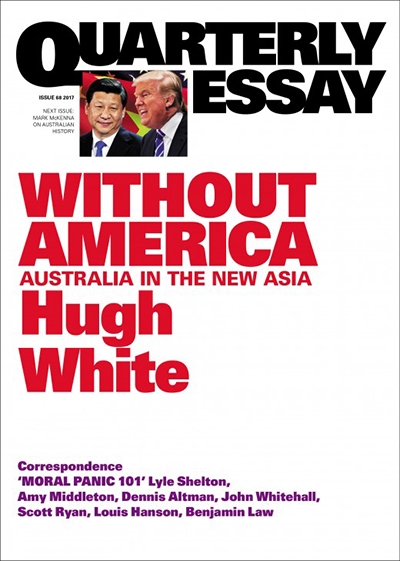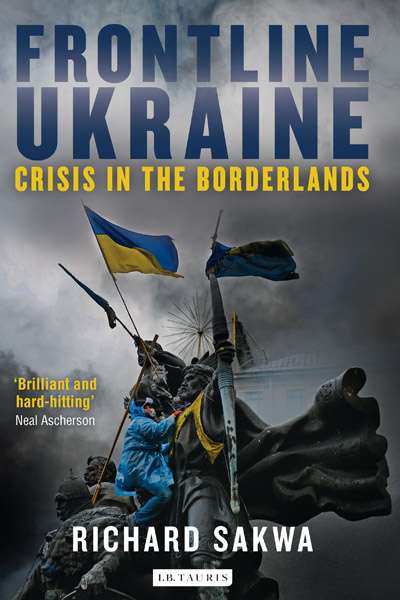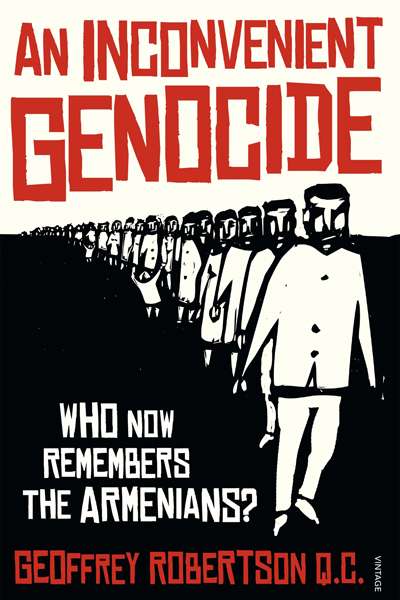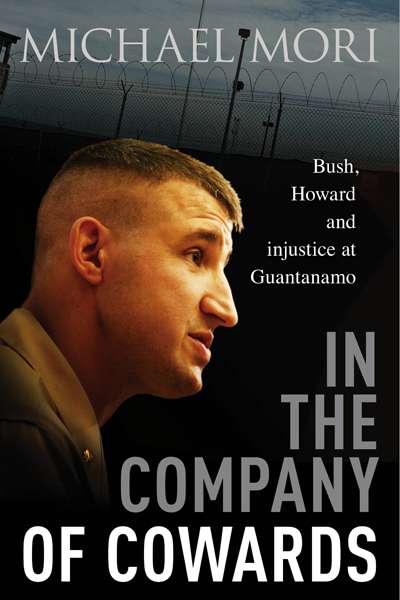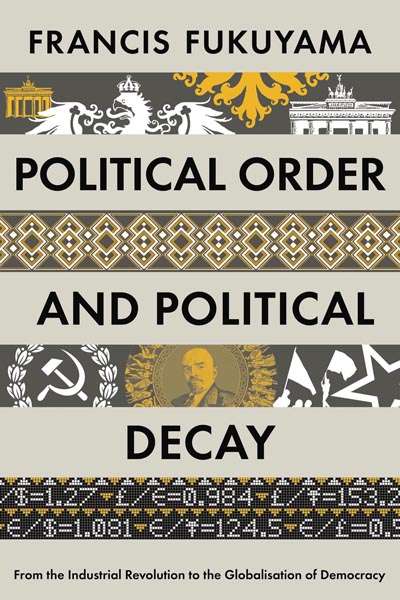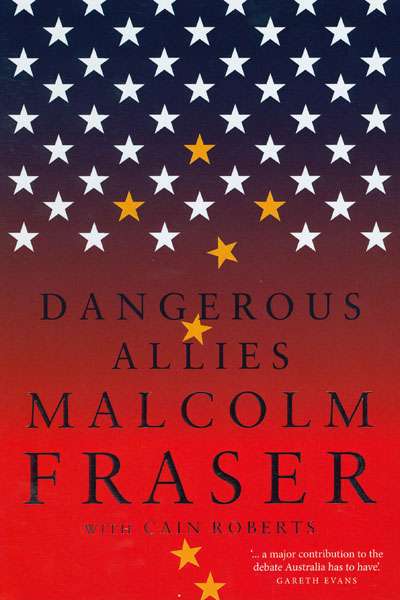International Studies
Without America: Australia in the New Asia (Quarterly Essay 68) by Hugh White
by David Brophy •
Australia does not have a great tradition of writers producing books on international affairs for a general audience. Along with others like Hugh White, Michael Wesley – a former head of the Lowy Institute now based at the Australian National University – is helping to correct this.
... (read more)City of Exiles: Berlin from the Outside In by Stuart Braun
by Daniel Juckes •
Frontline Ukraine: Crisis in the Borderlands by Richard Sakwa
by Nick Hordern •
An Inconvenient Genocide: Who Now Remembers the Armenians? by Geoffrey Robertson
by Neil Kaplan •
In the Company of Cowards: Bush, Howard and injustice at Guantanamo by Michael Mori
by Ben Saul •
Political Order and Political Decay: From the Industrial Revolution to the Globalisation of Democracy by Francis Fukuyama
by Mark Triffitt •
Dangerous Allies by Malcolm Fraser, with Cain Roberts
by Alison Broinowski •

